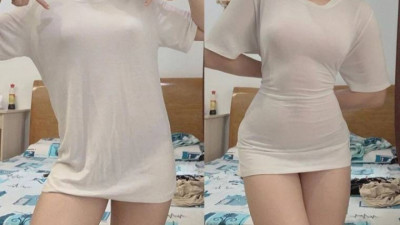All Eyes On Lee Do Hyun’s “Youth Of May” As It Takes Place In 1980s Gwangju — Learn About The “Gwangju Student Movement”
본문
With the recent concern over using political and historical backgrounds for K-Drama setups, it seems that attention has shifted to the upcoming Youth of May. Youth of May will star rising actor Lee Do Hyun and Go Min Si, both of Sweet Home fame.
Youth of May uses 1980s Gwangju as a backdrop, with Lee Do Hyun playing Hwang Hee Tae. Hwang Hee Tae is a Seoul University student that grew up in Gwangju. He became the valedictorian for his admission year, and is known amongst his peers as the “country bumpkin that’s smart“. He was raised in the countryside by a single mother, and was motivated to work hard in order to break the stereotypes on his familial upbringing. He also carries around an acoustic guitar and enjoys going to music cafes. He visits Gwangju and is caught up coincidentally amongst the strife.
| News1
Go Min Si plays Kim Myung Hee, a character that left her home without a single thing. She is into her third year as a nurse in Gwangju. She is written as a strong, female character that is like a warrior. As a modern woman, she dreams of furthering her studies in Germany.
So far, the response has been positive, with many anticipating how the drama will carefully portray the students’ struggle in the Gwangju Student Movement. The character set-up was not identified by the public to have any potential problems so far.
The Gwangju Student Movement (also known as The Gwangju Uprising and The Gwangju Democratic Struggle) in the 1980s was a horrific incident that some later came to refer to as The Gwangju Massacre, just for how many lives were taken in the protests.
| Newstown
Many Koreans blame former politician and major general, Chun Doo Hwan for the massacre, something he denies to this very day. After President Park Chung Hee was assassinated in 1979, the power vacuum led to Chun Doo Hwan seizing military power through a coup d’état. Chun Doo Hwan framed General Jeong Seung Hwa for the assassination of Park Chung Hee and seized control, taking troops down to invade Downtown Seoul.
Massive civil unrest took place in March to May 1980. Student unions led nationwide demonstrations for reforms, asking for the end to martial law as well as the implementation of democratization, human rights, minimum wage and freedom of press.
| Catholic Worker
Chun Doo Hwan ordered suppressive measures across the entire nation, closing universities and banning political activities. Troops were dispatched to enforce these. Where does Gwangju come in, you ask? The reasons are far more deep-seated than the brief explanation we are able to give in this article, but not only was a politician from Gwangju (Kim Dae Jung) executed for instigating democratization, the Gwangju area was one that its citizens were highly protective over due to historical exploitation of its abundant resources by domestic and foreign powers.
The dictatorship South Korea was under at that time also affected Gwangju the most as it favored the neighboring Gyeongsang Province at the expense of the Jeolla Province where Gwangju was located. These reasons, amongst others, led the political rife in Gwangju to have been the strongest. The terror and harm the troops inflicted on student protestors were absolutely terrible, ranging from murder, abuse, to even rape. If any protestor was caught, their entire family would be brought in for questioning and execution.
The Gwangju Student Movement as well as the Democratic Uprising all over South Korea can never be taken lightly and many members of the public have highlighted the importance of accurate portrayal even in fiction.
관련자료
-
링크














